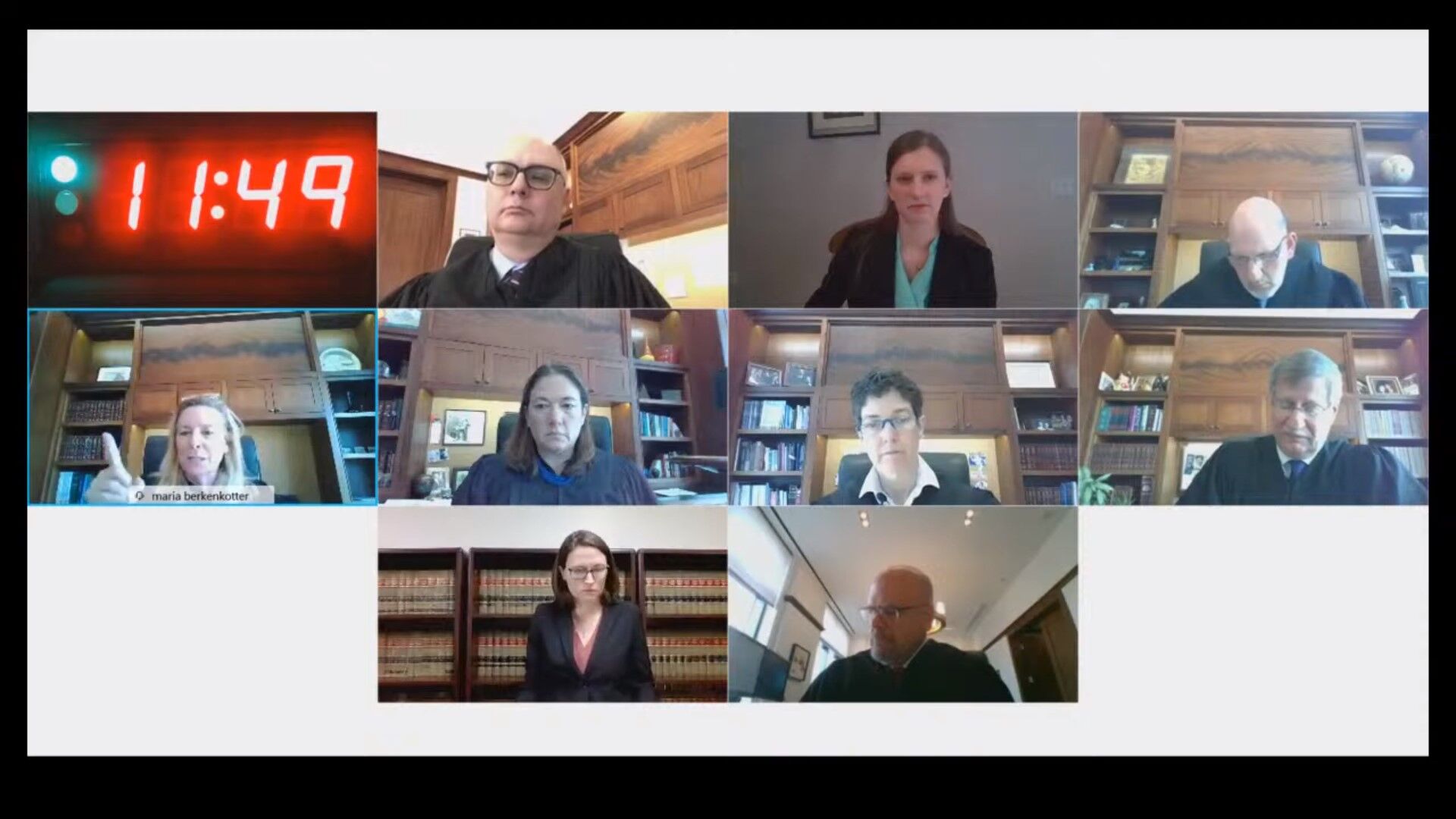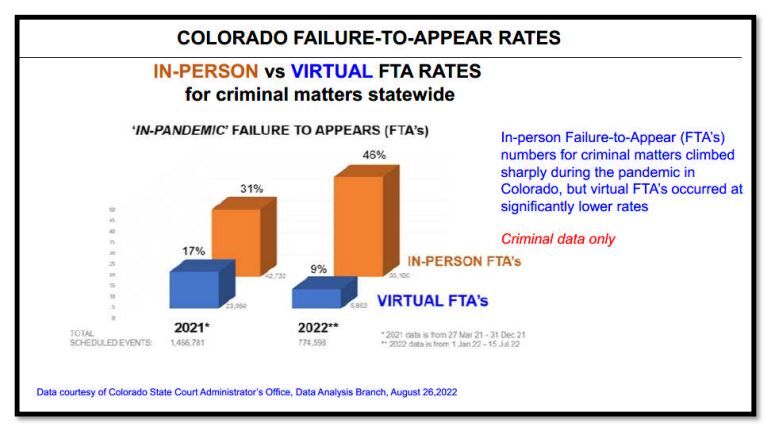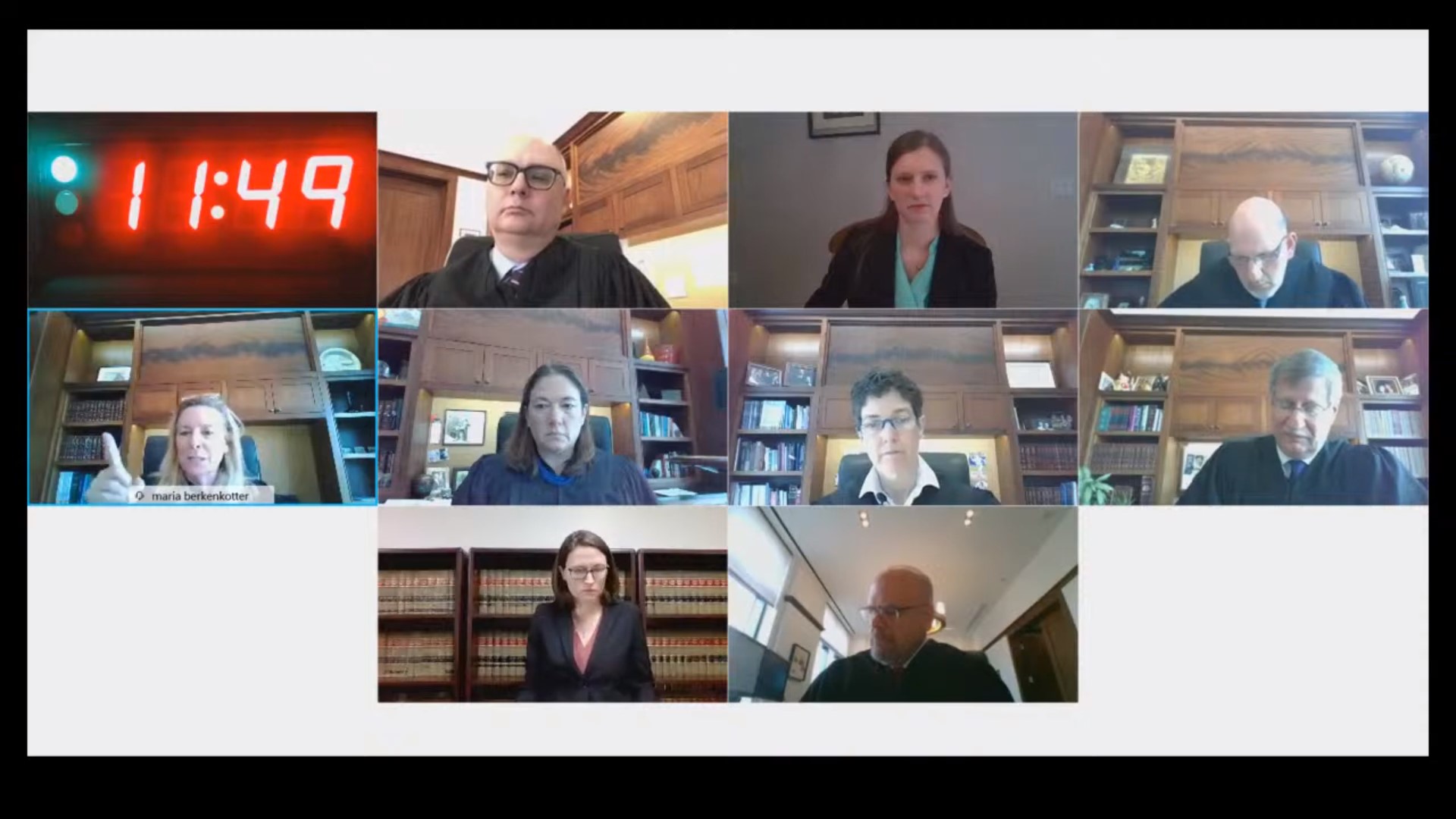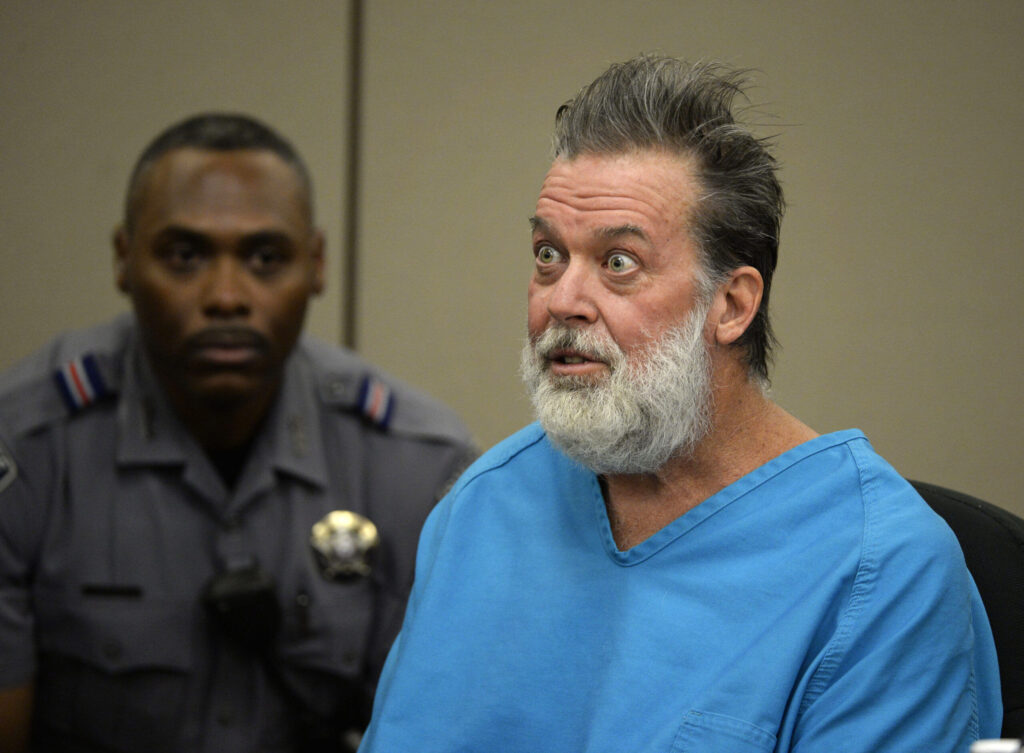State Supreme Court takes unusual step of soliciting public comment for virtual hearings policies

In an atypical move not afforded to most judicial policymaking, the Colorado Supreme Court has invited the public to comment on a pair of proposals that aim to preserve access to live streamed court proceedings across the state and lay down uniform guidance for virtual hearings.
The policies, known as chief justice directives, reflect the rapid transformation of the judiciary from an institution where proceedings historically took place in person to one that relied on remote hearings by necessity during a deadly global pandemic. But since the risk associated with COVID-19 has waned, remote hearings have shifted from a necessity into a convenience for many judges, litigants, attorneys and even the public.
“It is a forgone conclusion that virtual proceedings are here to stay, and they provide a tremendous benefit in many respects,” Chief Justice Brian D. Boatright said in a statement.
Although the guidance delineates several categories of proceedings that would most likely take place in person and without live streaming, including criminal jury trials, the draft directives would also enable trial judges to increase or decrease restrictions after considering a series of factors.
The proposals come in the wake of recommendations from the Colorado Access to Justice Commission that the Supreme Court provide attorneys with clear guidance on when they may represent clients remotely, especially in rural jurisdictions where long distances may be prohibitive to representation. Simultaneously, a bill is pending in the General Assembly that would broadly ensure virtual access to criminal hearings otherwise open to the public.
A spokesperson for the Judicial Department could not recall the last time a chief justice directive was subject to public comment, but explained there is a need for “a well-rounded, documented record” on the issue of virtual access.

The draft directive for live streaming court hearings, which applies only to criminal cases, would exempt several types of proceedings, including evidentiary hearings, trials and “problem solving” courts that work with defendants experiencing substance use disorders and mental illness. The directive lists several reasons for keeping such proceedings off the Internet, from preventing witnesses from seeing others’ testimony to deterring retaliation against the criminally accused.
Nevertheless, the proposal “seeks to open most of the day-to-day business of Colorado’s criminal courts to the public,” and would enable judges to weigh whether live streaming is appropriate. They must consider whether live streaming would interfere with proceedings, whether it would harm any party involved in the case and whether streaming would “unduly detract” from court decorum.
Currently, a bipartisan group of lawmakers is backing House Bill 23-1182, which would mandate online streaming of criminal proceedings that are open to the public, except if there are technological limitations in the courtroom or if a judge has otherwise excluded the public. There are no similar limitations or qualifications as those contained in the draft judicial policy.
During oversight hearings of judicial agencies last month, Boatright suggested that a chief justice directive would go over more favorably with the state’s trial judges – who ultimately control their own courtrooms – than a legislative mandate.
“We’re gonna have a lot less pushback from some of our judges who are very strong in believing in separation of powers,” he said.
The second directive, providing uniform guidance for virtual proceedings, recognizes that remote participation has decreased the “substantial costs of coming to court,” both for litigants who need not take hours away from their jobs to appear in person and for lawyers who can avoid traveling to far-away jurisdictions to represent clients.
The proposal creates a list of proceedings that should take place in person by default, including jury trials, criminal sentencing and terminations of parental rights. In contrast, there are other types of hearings, mostly conferences where the parties discuss the status of their case, that are “flexible,” meaning the participants can appear virtually without seeking the judge’s prior approval. Eviction proceedings may be in person or flexible, depending on the stage of the case.
The directive would also enable judges to hold hearings virtually after considering a range of factors, including transportation issues, the hardship on a litigant’s employment, and whether a party would fear for their safety if they came in person.
The Colorado Access to Justice Commission released a report in December that reiterated the need for standardized guidance on remote appearances. The commission noted that lawyers would be more likely to represent clients within rural jurisdictions if they can count on appearing remotely, and judges who travel across large judicial districts to handle cases would also benefit.
Some states’ highest courts, including in Minnesota and Arizona, have already issued similar guidance for determining which types of proceedings are virtual by default.
“Central to the approaches taken by various courts across the country is the degree to which the supreme court in the state has or is accepted as having authority to direct the operation of the states’ trial courts,” the commission wrote. “In each case, the supreme court’s explicit endorsement of remote proceedings is key.”

The report acknowledged that some virtual proceedings during the pandemic contained disruptive spectators or took longer due to technological difficulties. But the failure to appear rate in Colorado is far lower with remote hearings in criminal cases – only 9% – compared to in-person hearings. Further, other states have experienced drops in the percentage of tenants who were no-shows in eviction cases when the proceedings moved online.
The public comment period for the draft directives will run until March 15. The Supreme Court is accepting comments at supremecourtrules@judicial.state.co.us.













